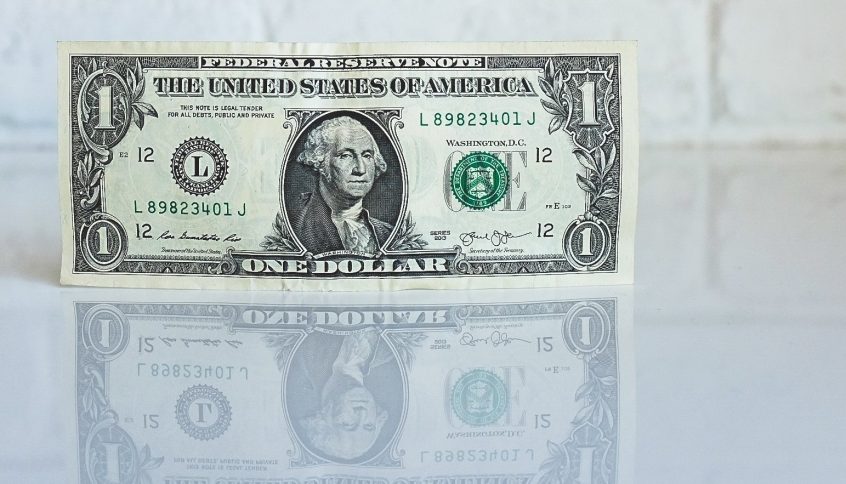One of the biggest debates out there is whether or not you should invest when you have debt. Trying to figure out whether to pay off debt before you start investing, or whether to get going on earning those compounding returns can be a hard choice.
If you’re trying to decide whether you should invest when you have debt, here are some things to consider.
What Type of Debt Is It?
First of all, consider what type of debt you have. If it’s debt with a very high interest rate, like a payday loan or a high-rate credit card, it might make more sense to tackle the debt before you invest.
There’s a good chance you won’t be able to see an annualized return of more than 26.99% (or higher) in the stock market, so if you have high-rate debt, paying it down first might constitute a better use of your money.
On the other hand, some debts come with relatively low interest rates. For example, I finance my cars for low interest rates. I leave the money in the market, keep investing, and don’t pay off those cars early. Same with my student loan debt. I was lucky enough to consolidate my loans with a 1.9% interest rate, so I’m investing rather than paying those off early. I figure I can get a better long-term return in the market.
Will You Actually Invest the Extra Money?
Next, it’s important to consider whether you’ll actually invest the extra money. In some cases, you might say you can get a better return in the market, but then you never put the money in.
In order to get a benefit when you invest when you have debt, you have to, well, invest. If you think you’re more likely to just spend the money, rather than invest it, go ahead and pay off the debt. Be realistic about how you interact with money, and what you’re truly likely to do over time. If you’re more likely to make a debt payoff plan and stick with it, rather than invest the extra money, pay off the debt.
What Will Help You Sleep at Night?
Another consideration is your emotional risk tolerance. Even if the numbers make more sense if you start investing when you have debt, for some people, the debt gives them more heartburn. There’s nothing wrong with feeling like being debt-free will help your quality of life more. If you get stressed thinking about being in debt, it might make sense to pay off your debt before you start investing.
On the other hand, if you want to start building wealth and you know you’ll sleep better at night knowing you’ve got at least some of your money earning compounding returns, it might make sense to invest when you have debt.
How to Invest When You Have Debt
If you decide that you want to invest when you have debt, it’s important to carefully consider your choices and think about what will help you reduce your debt, even while you invest. Here are some ideas for making it work.
Start with your retirement plan
If your workplace offers a retirement plan, start with that. You can put a small percentage of your income toward retirement, having it automatically deducted from your paycheck. If your employer offers a match, max it out. That’s free money building wealth for your future.
Just put in what you need to max out a match, or put in a small percentage of your income. The rest of your extra money can go toward paying down debt faster.
If you don’t have access to a workplace retirement plan, consider opening an IRA and putting aside a small amount each month. Those tax-advantaged investment returns can be an efficient way to put your money to work while you pay down debt.
Use the debt avalanche method
After putting some money toward tax-advantaged retirement, consider using the debt avalanche method with the rest of your available money. With this method, you put extra payments toward your highest-interest debt while keeping up with minimums on everything else. Once you pay off one debt, you shift the entire amount you’ve been paying toward the next debt on the list. Over time, you accelerate your debt pay off and once you’re comfortable, you can shift money toward more investing.
Split your debt payment vs. investing by percentage
Some people like splitting their payments up by percentage. Depending on the type of debt you have, and your comfort level, you might consider putting 80% of your extra payment money toward debt reduction and 20% toward investing. When you get a windfall or a bonus at work, you maintain the percentage. You stick 80% of your extra toward debt reduction, making an extra payment, and 20% toward investing, boosting your portfolio.
Bottom Line
The important thing is to do what works for you and think through the scenarios. Figure out whether it makes sense for you to invest when you have debt and make a plan that will help you tackle the debt while growing your wealth over time.

